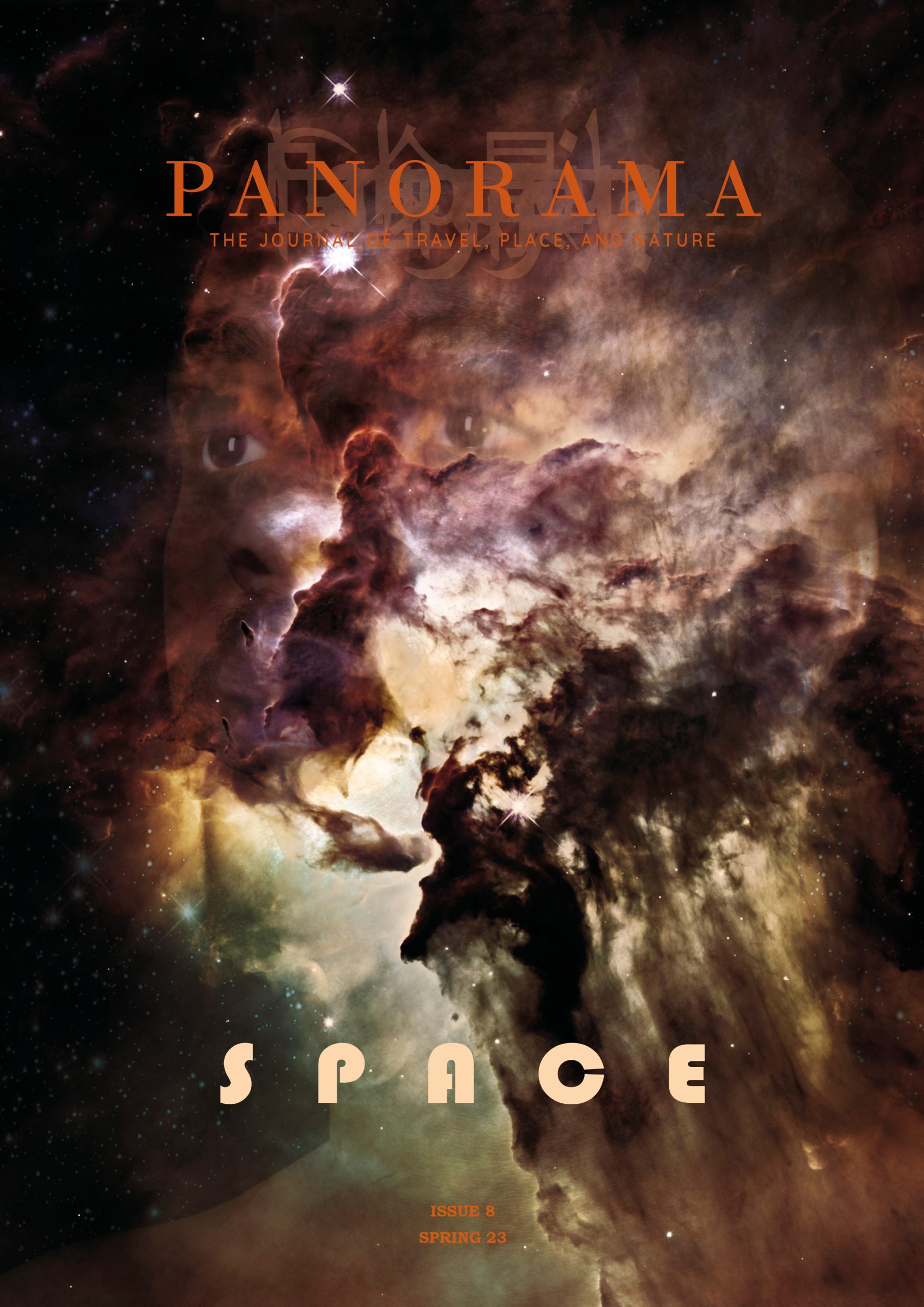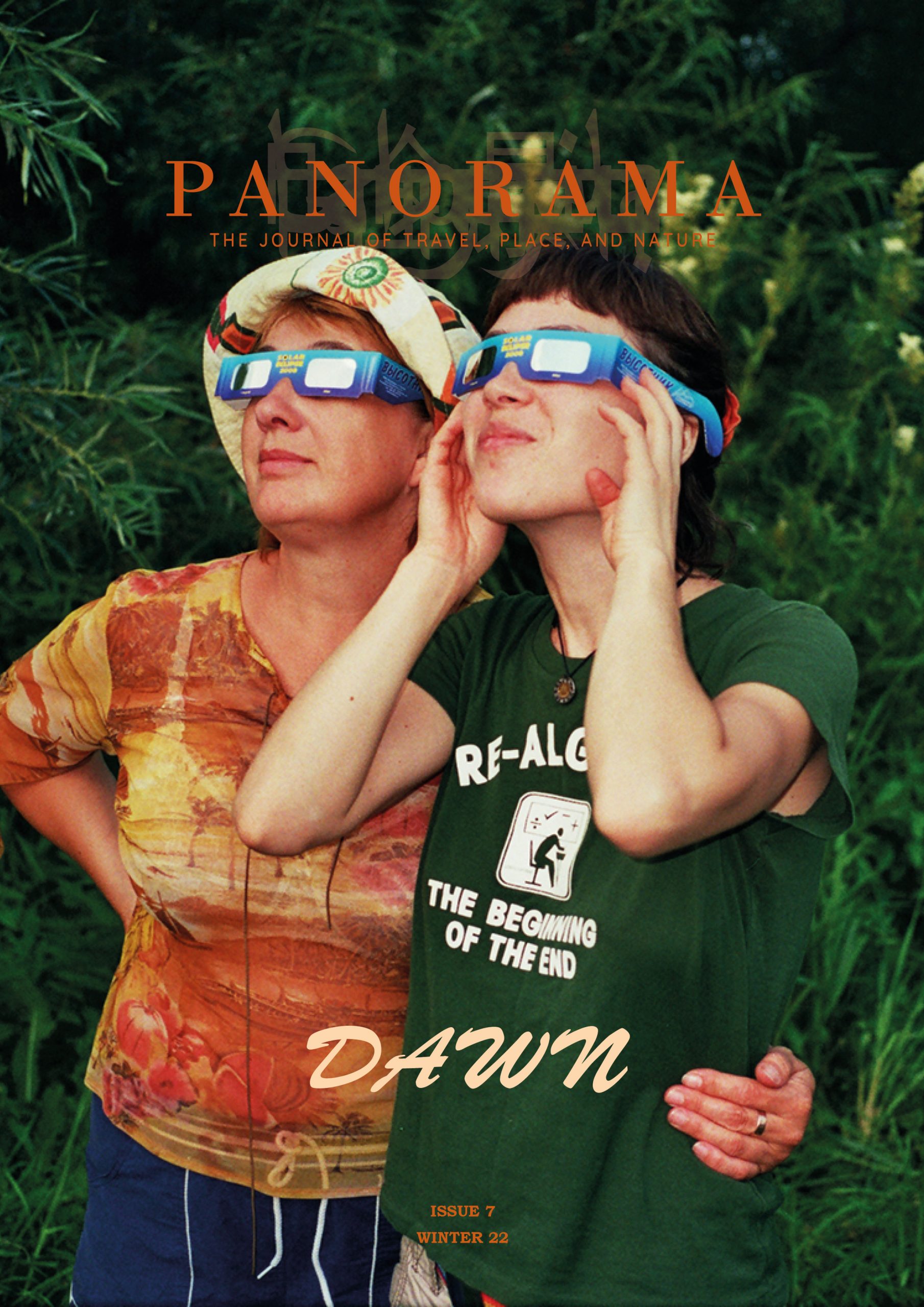I know I’m about to read a good travel story when it starts out with the unearthing of old, dusty journals. I know this because I have the same row of handwritten journals gathering dust on a bookshelf in my home, the meticulous documentation of a life on the road. There’s something about old journals, of the possibility of simply opening up the page and being transported, quite literally through old handwritten letters, often written while jostling around in a train car, in the back of a taxi, or at the foot of a hostel bed, to feel ourselves in another time when we felt brave, unburdened, free to explore, to write, to reflect, to gaze at a place unlike home.
Rosita Boland’s memoir Elsewhere: One Woman, One Rucksack, One Lifetime of Travel made me, sometimes painfully, miss those days, and made me want to write again.
There’s one key ingredient in Boland’s writing: guts. Her memoir is organized as a series of essays based on destinations she’s visited over the past thirty years, beginning with her first travels to Australia in 1998 and ending with Bali in 2016. It involves stories about a young girl going to an old couple’s flat just to find people to talk to (she thinks she’s picking up a bookshelf) and who wanders around alone in the middle of the night in a Japanese village because the guesthouse she booked no longer exists. She is chased by a pack of dogs in Kathmandu, stranded on a sinking cruise ship in Antarctica, and then careens around a cliff on a bus in Pakistan. Unlike me, the kind of traveller who finds comfort in spontaneity but also in planning out where she’s going to stay, how much it’s going to cost, and how she’s going to get there, Boland does exactly the opposite. Bookings, plans, and itineraries – not to mention cameras, as she’s never travelled with one and has no regrets about it – are about as foreign to her as most of the places she writes about. In what seems quite literally impossible in the era of Instagram, her memories live entirely in ephemera: ticket stubs, train maps, and boarding passes, all tucked into her journals. To know her stories only exist in words and crumpled papers makes them seem imminently more important, somehow.
To add substance to the narrative, each chapter is accompanied by a foreign word that expresses, in ways English can’t, a thematic piece in the larger puzzle of why she loves to travel. In the introduction, she introduces us to fernweh, a Germanic language’s attempt at describing an ache for distance, a word that I, too, discovered while studying for my Master’s in Creative Writing and attempting to write my travel memoir in my mid-twenties. It’s the kind of word that stops people like us in our tracks. From there, she takes us along with her on her gap year after college to Australia and eleutheromania, an intense desire for freedom; and later, to places and words like Peru and onism, a made-up utterance meant to express an awareness of how little of the world we’ll experience in our lifetime. Her work speaks to anyone who adores words and their etymologies, all those linguistic histories wrapped up in letters and sounds as words morphed into new words in new worlds. As we travel with her, we experience three decades of Boland’s life, from a young college graduate who has no plans except to work odd jobs to fund her travels, to a woman nearly sixty, reckoning with the pain that she will never have children and, as a fortune teller in Bali will tell her, never get married. Instead, it is her travels and the weathered rucksack she has carried on her back for decades that have become her life’s companions.
In the spirit of the best solo women travel writing, Boland guides us through an entire life – a life that probably has turned out differently than she expected, but a life, nonetheless, well-travelled. I admire the brevity and honesty with which she writes about the decisions we make every day, and how there is value and beauty to each of our lives. This is a travel book for the well-traveled who may have handwritten journals on their shelf, too, just waiting to be cracked open; and it is for the readers whose lives may have taken different directions and whose bookshelves may be filled, instead, with vases and photographs. It is a reminder to write down our stories, to remember them and think of them often because, as she tells us, our lives are like dishu, a form of Chinese calligraphy in which the artist paints only with water. The words bleed into visibility as the paper soaks in the water from the strokes, and then they fade. Why would a painter work that way, I wondered, until I realised what Boland was trying to tell me: that until I put down my travel stories in ink, they, too, are like water on paper.










